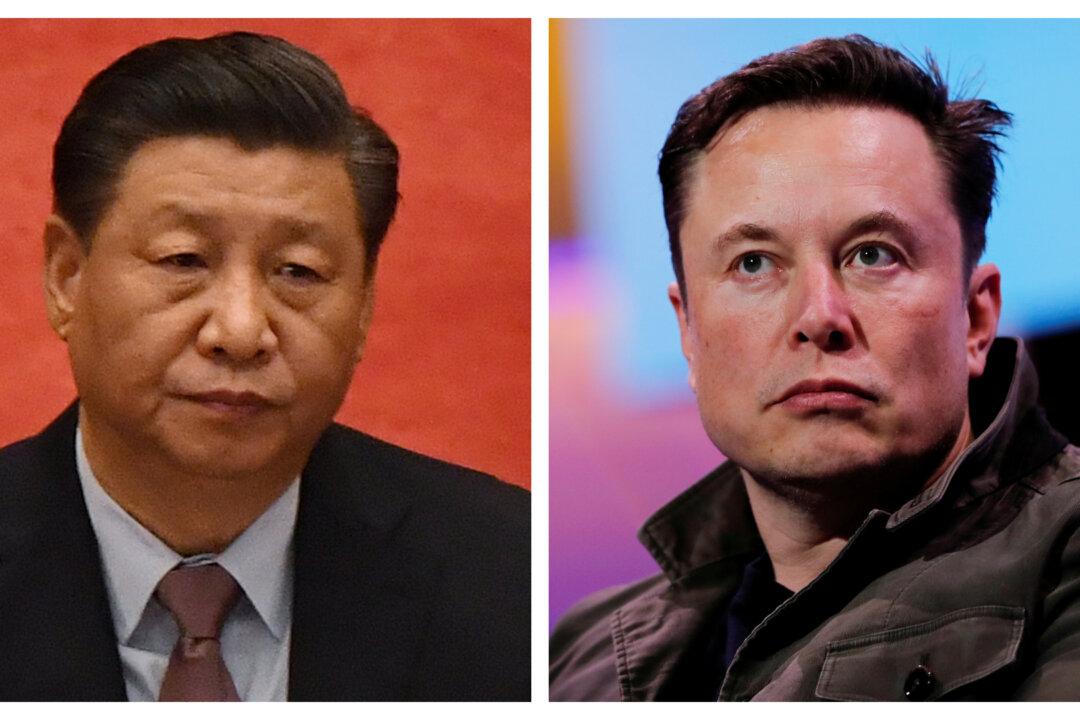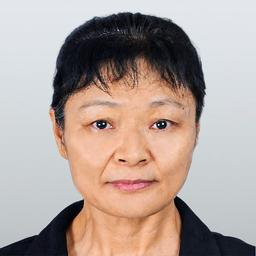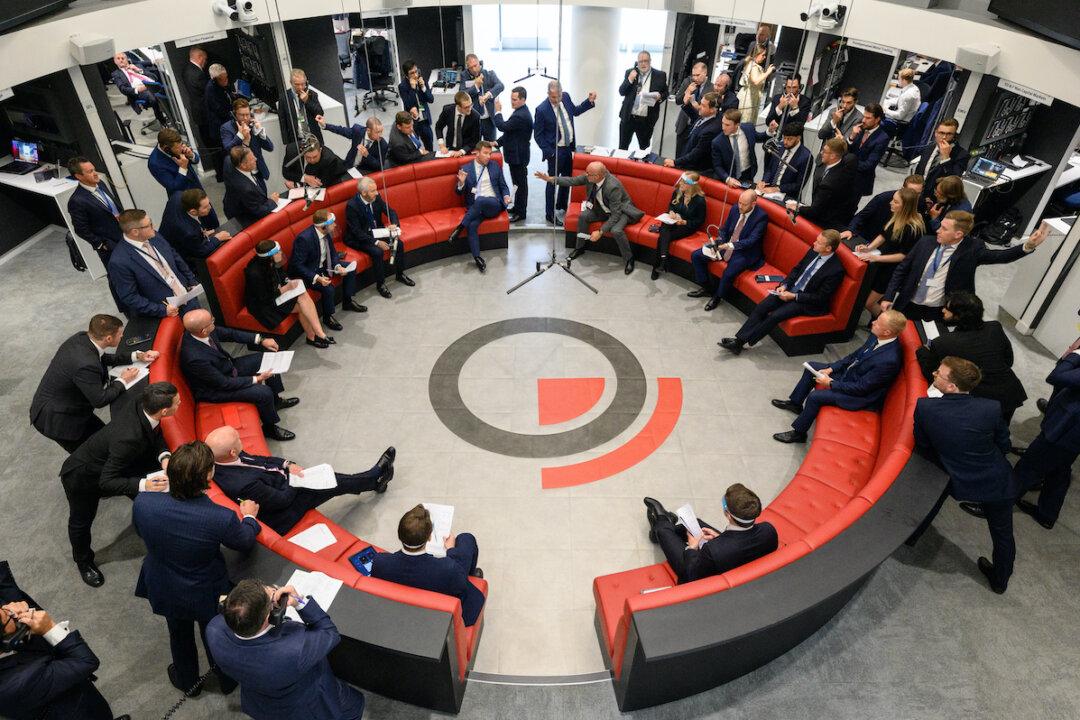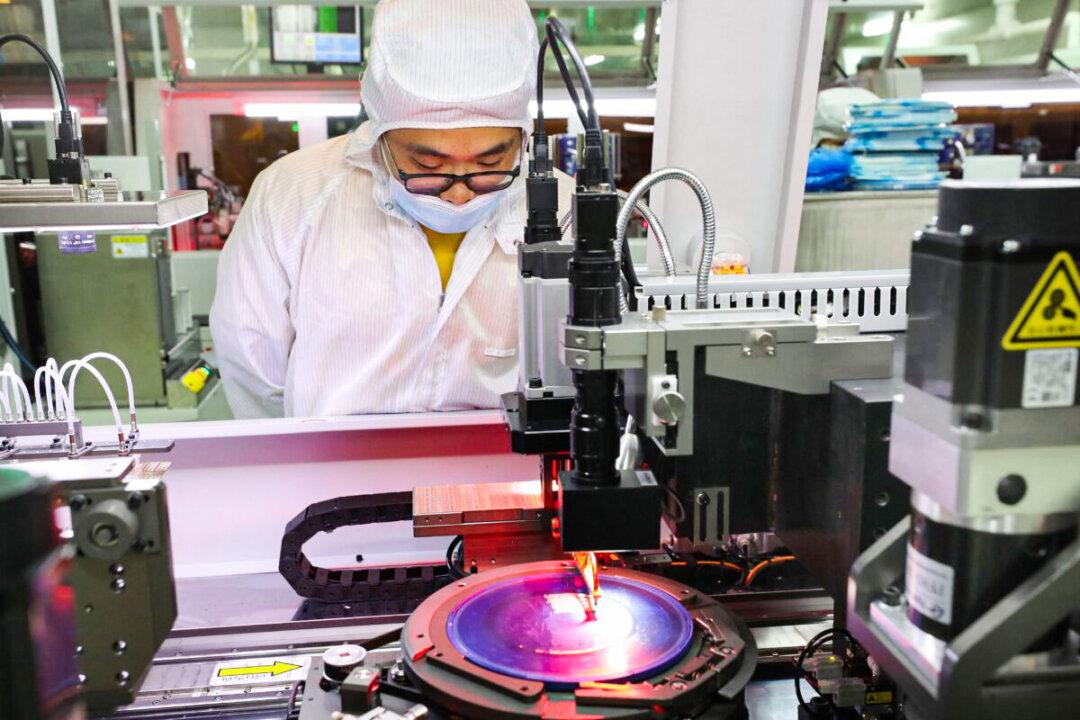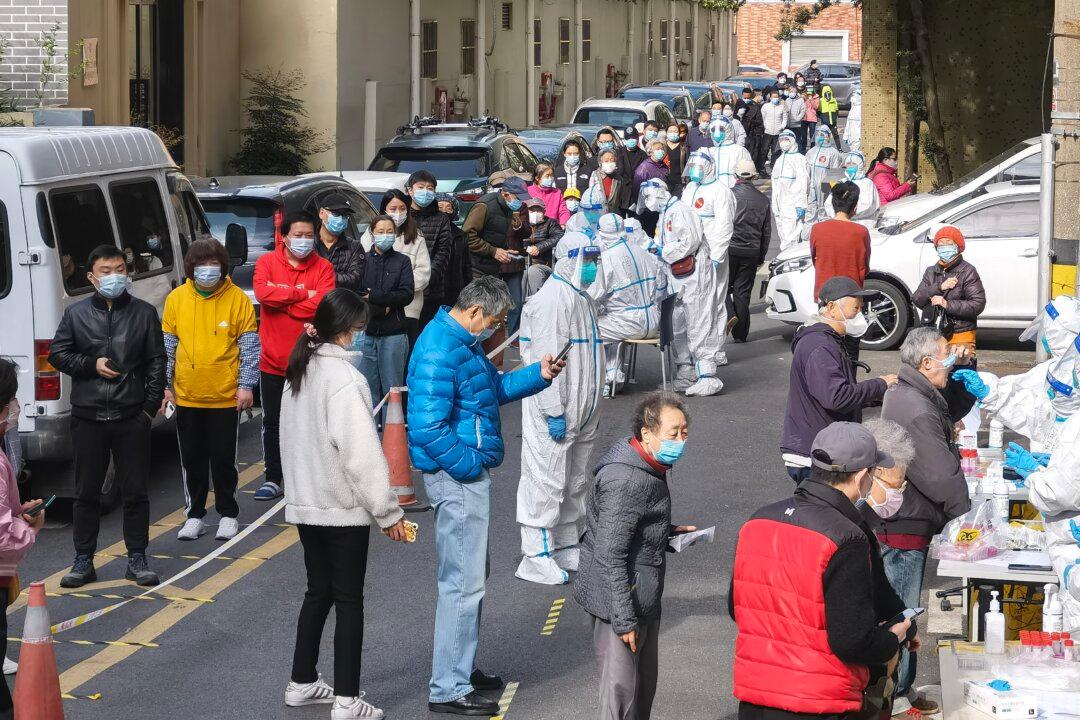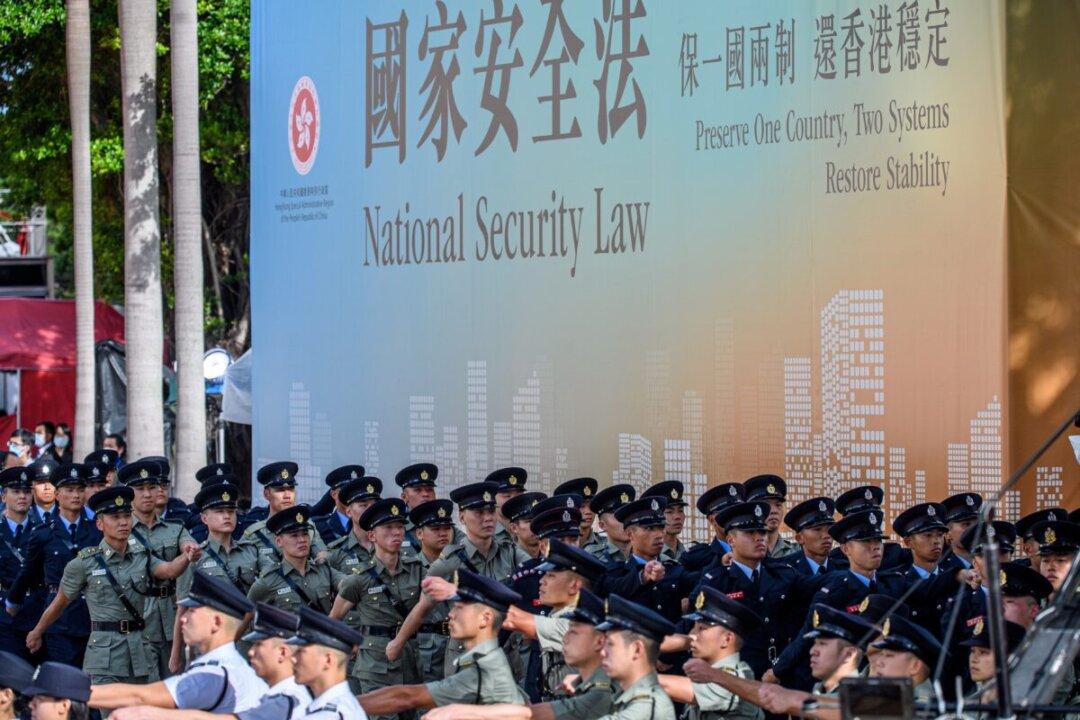China’s military ban on Tesla vehicles could be part of the Chinese Communist Party (CCP)’s recent tough diplomatic stance against the United States, and can also be used to limit Tesla’s expansion in China to boost local brands, according to two China experts.
A March 19 notice about Tesla vehicles being banned by China’s army was circulated on Chinese social media, but soon got deleted.
